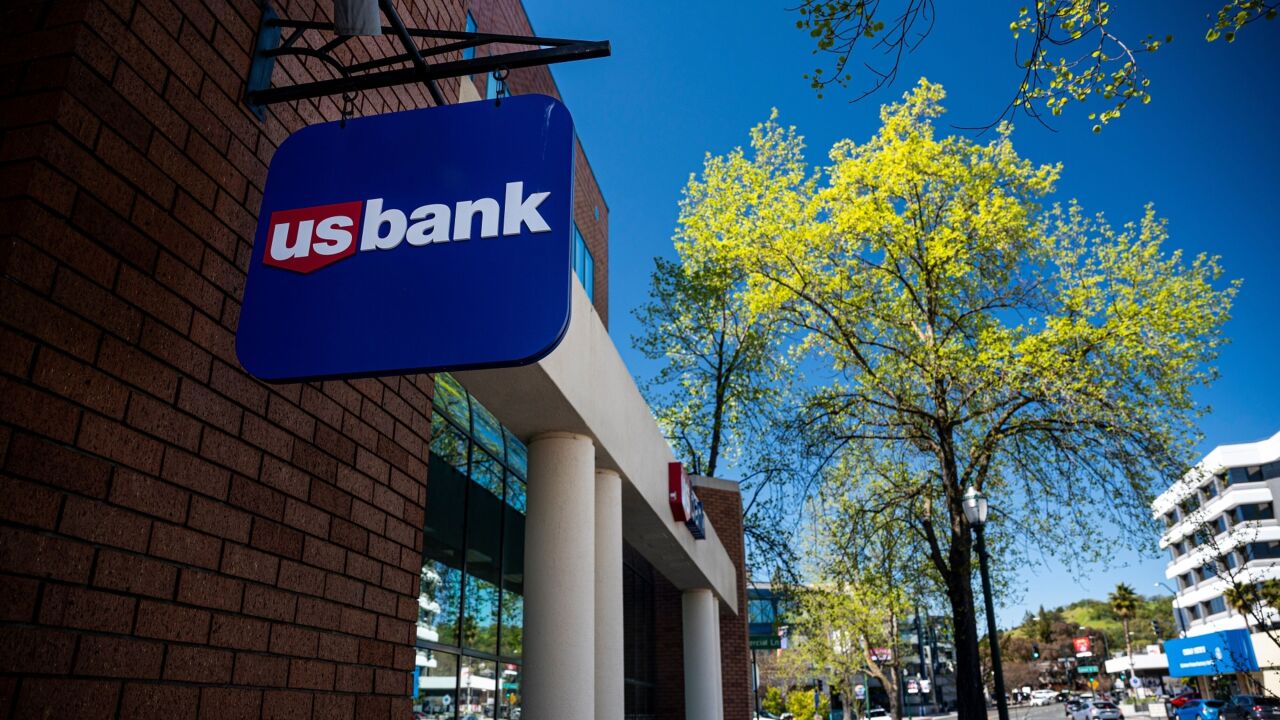Mortgage rates continued their slide this week, which along with positive economic news should continue to pump up purchase demand, according to Freddie Mac.
"As rates fell for the third consecutive week, markets staged a rebound with increases in manufacturing and service sector activity," Sam Khater, Freddie Mac's chief economist, said in a press release. "The combination of very low mortgage rates, a strong economy and more positive financial market sentiment all point to home purchase demand continuing to rise over the next few months."

The 30-year fixed-rate mortgage averaged 3.45% for the week ending Feb. 6,
The 15-year fixed-rate mortgage averaged 2.97%, down from last week when it averaged 3%. A year ago at this time, the 15-year fixed-rate mortgage averaged 3.84%.
The five-year Treasury-indexed hybrid adjustable-rate mortgage averaged 3.32% with an average 0.2 point, up from last week when it averaged 3.24%. A year ago at this time, the five-year adjustable-rate mortgage averaged 3.91%.
However, Zillow's mortgage rate tracker told a different story, with rates up 14 basis points between Jan. 29 and Feb. 5 to 3.95%, and breaking above 4% on several occasions in that time frame. On the morning of Feb. 6, the tracker was back down to 3.85%.
"Mortgage rates rose over the past seven days, riding encouraging economic data and a clearer picture of the coronavirus' impact on global commerce to break a weekslong retreat," Zillow economist Matthew Speakman said when that company released rate tracker data on Feb. 5. "Rates officially touched their lowest levels in three years late last week, but key readings on the manufacturing and services industries, as well as private payrolls data, bested industry expectations and boosted investor sentiment on Wednesday.
"But, much like last week, the central story that drove bond prices, and thus mortgage rates, was the ongoing developments around the coronavirus outbreak in China. Optimism has risen in recent days after rumors of a medication and news that China's central bank could cut its key lending rates in order to support economic growth that has languished as a result of the outbreak."





